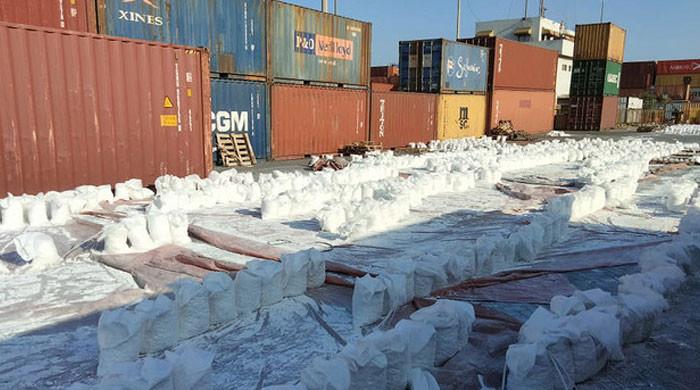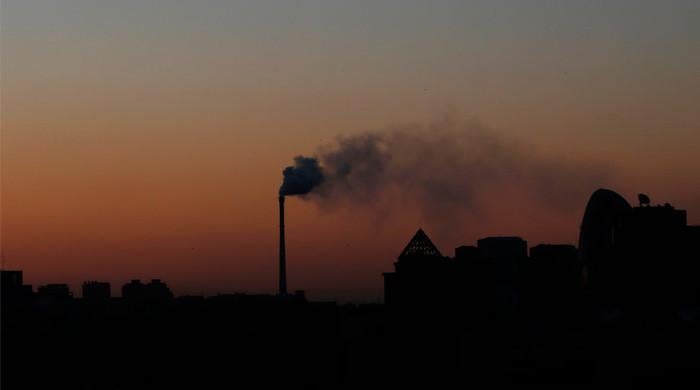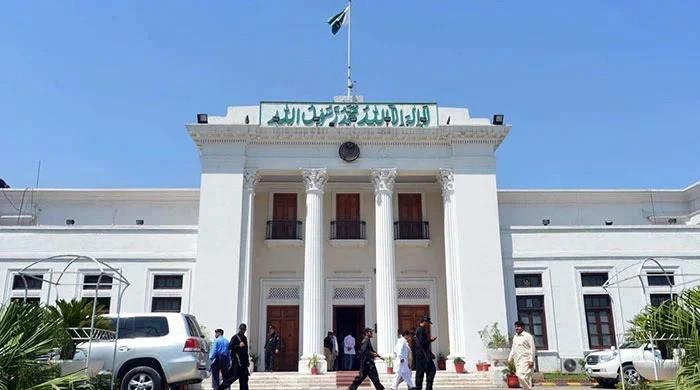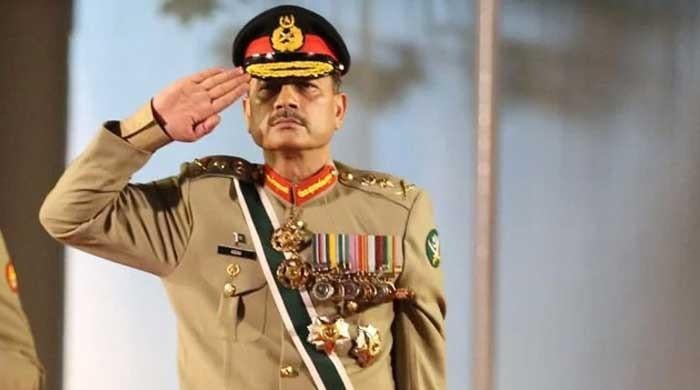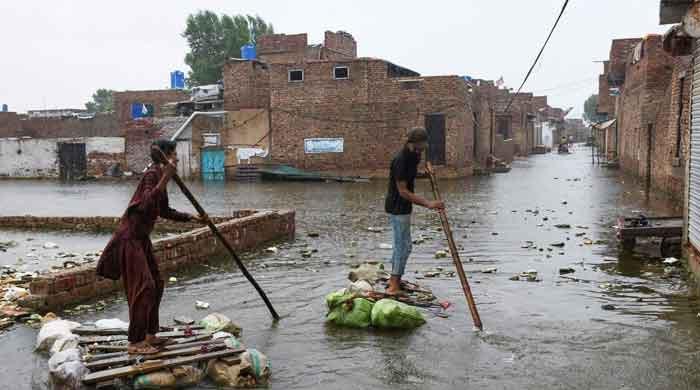What's on our mind?
Number of traditions are associated with Eid, such as new clothes and giving and receiving of cash gifts as Eidi
March 30, 2025
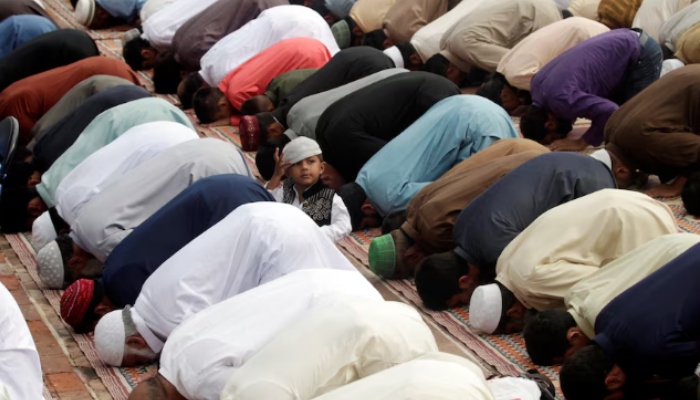
What is Pakistan thinking and talking about? There is, of course, no way of drawing a credible picture or a map of what is on the minds of ordinary Pakistanis at this time. Though it would be hard to monitor, even by our high-tech intelligence agencies, there will be a unique manifestation of this question during the next few days in almost all our drawing and dining rooms.
That is how Eid ul Fitr is ritualistically celebrated every year. Families and relatives and friends get together on this occasion, many of them travelling to their hometowns to be with their dear ones and to repair relationships.
A number of traditions are associated with Eid, such as new clothes and the giving and receiving of cash gifts as Eidi. A lot of excitement is also generated by late-night shopping during the last days of Ramazan. And there is the romance of 'chand raat'.
But I want to focus largely on the social impact of Eid. It fosters family and community connections. Having a meal together is supposed to be a measure of well-being and mental health. Only last week ('Thriving on adversity', March 23), I had celebrated Pakistan's ranking in the World Happiness Report 2025.
Why this report should somewhat lessen our sorrows is that it is perhaps the only global survey in which we have done better than India and Bangladesh. It said that we are 'happier' than our socially and economically more advanced South Asian neighbours. As experts explain, happiness is not just about wealth and growth. It is about connections. Americans have become more miserable because such a large number of them dine alone.
Ah, but this finding that we are happier than other major countries in the region may not be reflected in the countless Eid conversations held at various levels during the long vacations. It is possible that family gossip and personal anecdotes would be the staple of most encounters during these sessions.
At the same time, any mention of the national state of affairs is sure to serve a smorgasbord of lament and gloom. It is my experience that all participants readily partake in this activity, even when they belong to opposite sides of the political divide. I have noted that this almost obligatory chorus of bereavement is generally not supplemented with any serious references to reason or facts.
So, one can imagine many Eid conversations lapsing into this state of dejection, if only in a non-serious manner. Otherwise, the Eid holidays do provide an opportunity for relatives and friends to share their thoughts on trivial matters while renewing their contacts and catching up with developments within the extended family.
There is some speculation that the political scenario will shift after Eid. Imran Khan's party is expecting a movement against the present arrangements with the formation of a grand alliance. A lot would depend on how Maulana Fazlur Rehman plays his cards.
Anyhow, the point I am making is that if a protest movement is in the works, so to say, then its intimations should be there in the discussions that take place in Eid gatherings. But is the level of political maturity and awareness high enough to promote an effective movement against an oppressive administration? Loyalists of the Pakistan Tehreek-e-Insaf (PTI) would do well to study the turmoil that has gripped Turkiye after the arrest of the leader of opposition.
Certainly, there is so much more for the concerned citizens of Pakistan to talk about when they interact in small groups. Small talk often helps to break the ice in meetings of relatives and acquaintances after an interval. Because of how politics has divided families and strained relations between good friends, I have noticed that conversations on highly divisive issues are now generally avoided.
In any case, I would like to restrict my imaginary eavesdropping to people belonging to the educated middle class. I believe that their opinions and their stance on some specific issues are important. It should contribute to the collective mood and society's capacity for political action. On this count, the situation does seem very depressing. One might even say that the Pakistani middle class has abdicated its social and intellectual responsibilities.
Among the things that I worry about is the lack of any serious discourse on the many problems that Pakistan is afflicted with. Way back, when we launched this newspaper in 1991, I was fond of this Arthur Miller quotation: "A good newspaper is a nation talking to itself". We now live in another media universe. But a nation would still need to talk to itself, though not entirely on the pages of a newspaper.
Yes, those in power would want to set limits to this conversation and deflect it towards conclusions that they have already proclaimed. But this is also something that the concerned citizens should be aware of and they should be willing to be a part of the media's struggle for freedom.
However, I do not find people talking about the government's brazen attempts to intimidate the media by arresting journalists. There, of course, are a number of civil society activists who do whatever they can but they are unable to mobilise an effective campaign for the cause of justice and rule of law.
Not taking part in any social action for any cause is one thing. I think that they — the ones who constitute the middle class — are also clueless about the major crises that threaten the survival of this country. How much, for example, do they know or care about the surge of terrorist activities in recent weeks? Have they tried to comprehend the situation in Balochistan? And, with reference to some thoughts that I have raised in this column, are they talking about these issues in their casual encounters?
Finally, it seems outlandish on my part to imagine how Eid conversations may swerve in certain directions in these difficult times when monstrous realities are staring us in the face. But we pretend to protect ourselves by looking in the other direction. Meanwhile, here is Eid as a distraction.
The writer is a senior journalist. He can be reached at: [email protected]
Disclaimer: The viewpoints expressed in this piece are the writer's own and don't necessarily reflect Geo.tv's editorial policy.
Originally published in The News





